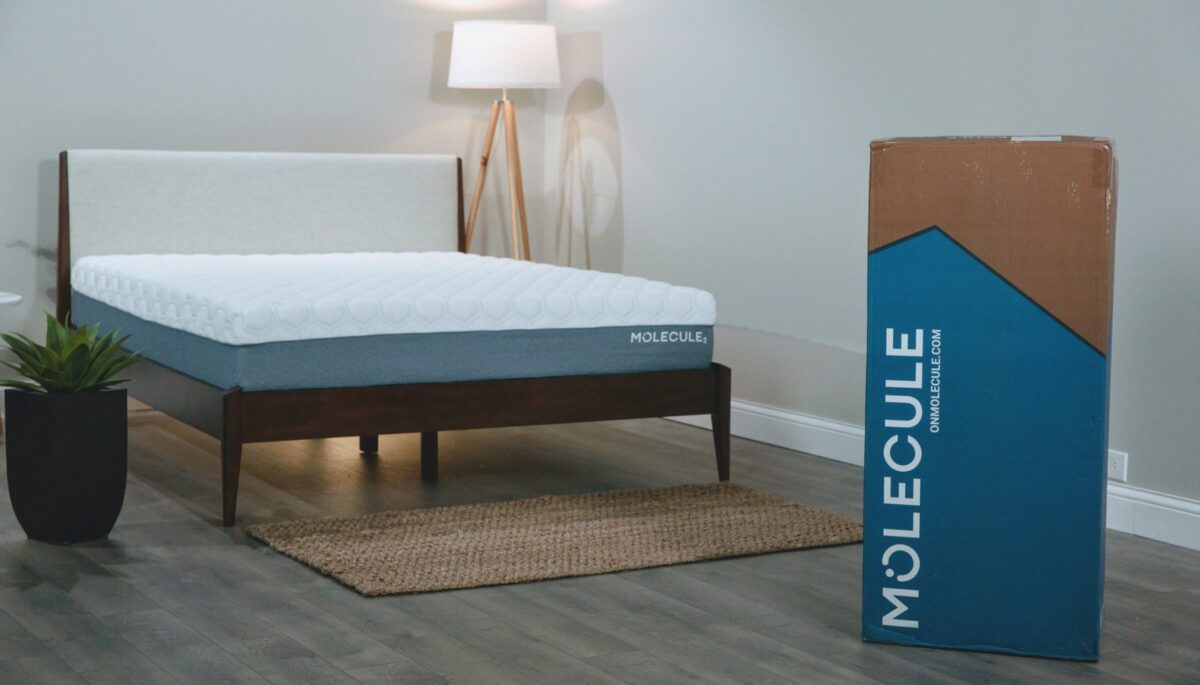Stunning Sleep Quality Index: Your Path to Better Rest
Why Sleep Quality Matters
When discussing the importance of sleep, it’s easy to fixate solely on the number of hours spent in bed each night. However, understanding how to measure quality of sleep is equally crucial. High-quality sleep ensures you awaken feeling rejuvenated and prepared to face the day, while inadequate sleep can leave you lethargic and unfocused. Recognizing the essential components of sleep quality can empower you to make necessary changes for a better night’s rest.
Key Factors in Measuring Sleep Quality
To evaluate your sleep quality effectively, consider the following factors:
1. Sleep Latency: This is the duration it takes to transition from being awake to fully asleep.
2. Sleep Efficiency: This ratio compares the time spent sleeping to the time you spend in bed.
3. Sleep Awakenings: This factor measures how frequently you wake during the night.
4. Sleep Phases: These include different sleep stages, such as REM (rapid eye movement) and NREM (non-rapid eye movement).
Each of these elements plays a critical role in your overall well-being. For instance, stress can lead to restless nights, while chronic pain conditions can hinder the ability to achieve deep, restorative sleep. Thus, understanding and measuring your sleep quality is essential for maintaining good health.
Defining Sleep Quality
Sleep quality extends beyond merely counting hours in bed. It encompasses how well you sleep, which includes falling asleep quickly, enjoying uninterrupted rest, and actively engaging in critical sleep phases.
Sleep Quality vs. Sleep Quantity
While expert recommendations suggest that adults need between seven to eight hours of sleep each night, the quality of that sleep holds greater significance. You may clock in a full eight hours but still wake up feeling exhausted if the sleep is of poor quality. Optimal sleep quality means you experience adequate sleep cycles with minimal interruptions.
Understanding Sleep Satisfaction
Your perception of sleep quality—how refreshed you feel upon waking—also plays a role. Stress, diet, and your sleep environment all significantly influence this satisfaction. Interestingly, a study published in the Journal of Epidemiology and Global Health found that high stress levels correlate with poor sleep quality, indicating a complex interaction between mental health and sleep.
The Role of Sleep Consistency
Sleep consistency involves adhering to a regular sleep schedule. By going to bed and waking at the same times each day, you can help regulate your internal clock, improving your chances of restorative sleep. Inconsistent schedules can disrupt your sleep cycles, making it difficult to achieve high-quality rest.
Key Factors Affecting Sleep Quality
A further breakdown of sleep quality reveals several critical factors:
– Sleep Latency: Ideally, you should take between 10 to 20 minutes to fall asleep. If you fall asleep faster than this, you may be sleep-deprived.
– Sleep Efficiency: Strive for a sleep efficiency ratio of 85% or higher, calculated by the formula:
[
text{Sleep Efficiency (%) = (Total Sleep Time / Time in Bed) x 100}
]
– Sleep Awakenings: Ideally, limit awakenings to 2-3 times per night, maintaining minimal disruption during your sleep cycles.
– Wakefulness: Ensure that if you wake up during the night, you remain awake for no longer than 20 minutes.
Understanding these factors allows you to gauge your sleep quality accurately, and subsequently, make the necessary adjustments.
How to Measure Your Sleep Quality
To measure your sleep quality accurately, consider:
1. Sleep Latency: Keep a sleep diary recording the time you go to bed and when you think you fall asleep.
2. Sleep Efficiency: Use the sleep efficiency formula mentioned previously to track how much actual sleep you get.
3. Sleep Awakenings: In your sleep diary, note the frequency and duration of any nighttime awakenings.
4. Sleep Phases: Utilizing sleep-tracking apps or wearable devices can give you insights into your sleep stages.
Tools and Methods to Measure Your Sleep Quality
Polysomnography (PSG)
The most reliable way to measure sleep quality is through polysomnography (PSG), often conducted in a sleep clinic. This comprehensive test monitors brain waves, heart rate, breathing, and more.
Wearable Devices
Wearable devices have become accessible alternatives for home sleep tracking. They monitor heart rates, movement, and sometimes skin temperature.
Sleep Apps
Applications like Yawnder offer tracking tools to assess sleep cycles, statistics, and tips to enhance sleep quality. These apps serve as excellent starting points for anyone looking to understand their sleep habits better.
Factors Influencing Sleep Quality
Sleep Hygiene
Establishing good sleep hygiene is crucial. Maintain a regular sleep schedule, ensuring your bedroom is quiet, dark, and cool (ideal temperatures range from 60 to 67 degrees Fahrenheit). Investing in a comfortable mattress can significantly impact your sleep experience.
Lifestyle Choices
Caffeine and Alcohol: Both substances can interfere with sleep. It’s advisable to avoid caffeine at least five hours before bedtime and limit alcohol intake within three hours of sleep.
Diet: Consuming foods rich in calcium, magnesium, tryptophan, and vitamin B6 can enhance sleep quality. Avoid heavy meals close to bedtime.
Exercise: Engage in regular physical activity but refrain from intense workouts close to bedtime to avoid overstimulation.
Conclusion
Quality sleep is not merely a luxury; it’s essential for overall health and well-being. By focusing on the factors that influence sleep, including establishing consistent daytime habits and a calming nighttime routine, you can drastically improve your sleep quality. Whether through making lifestyle adjustments or investing in quality sleep products, prioritizing restful sleep can transform your overall quality of life.
At Yawnder, we recognize the significance of quality sleep. Our diverse range of mattresses and sleep solutions is tailored to help you achieve your best night’s rest. Make sleep a priority, and experience the profound difference it can make in your life.



















